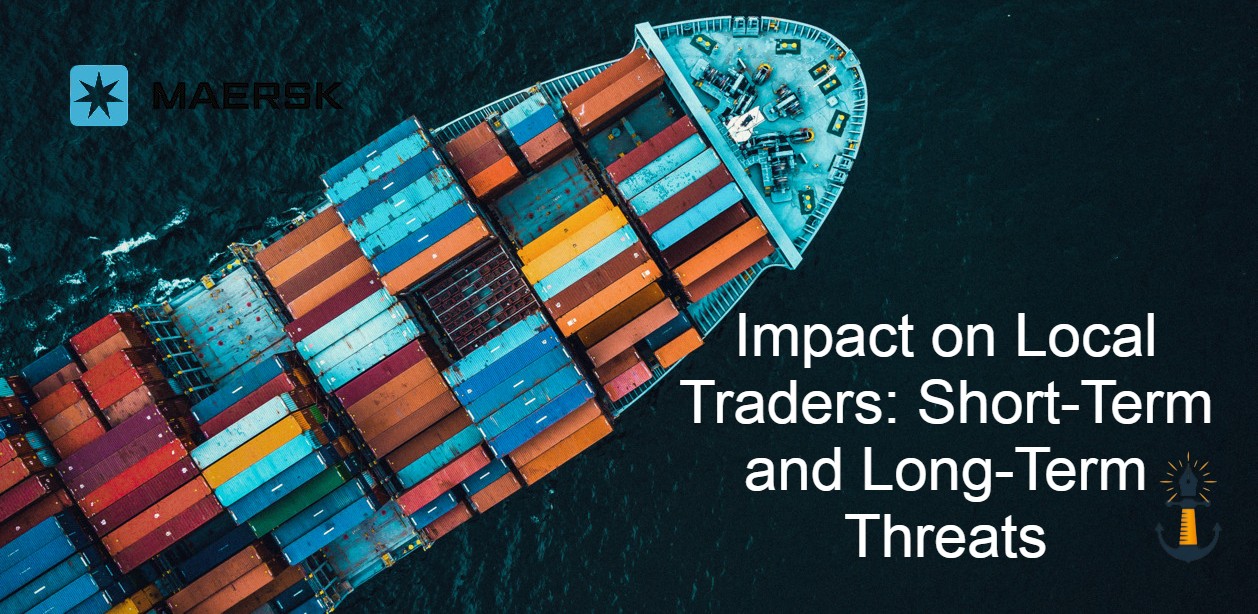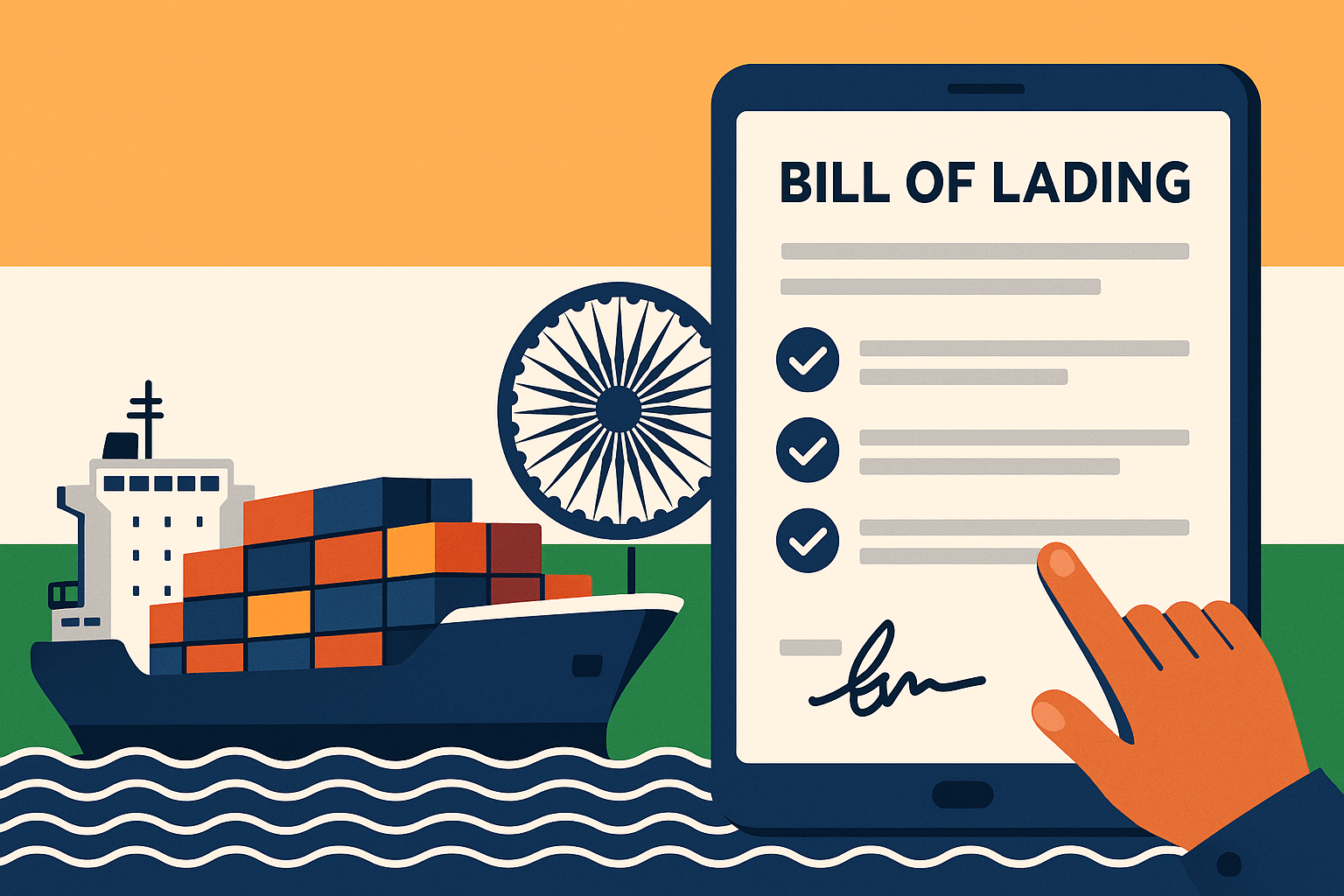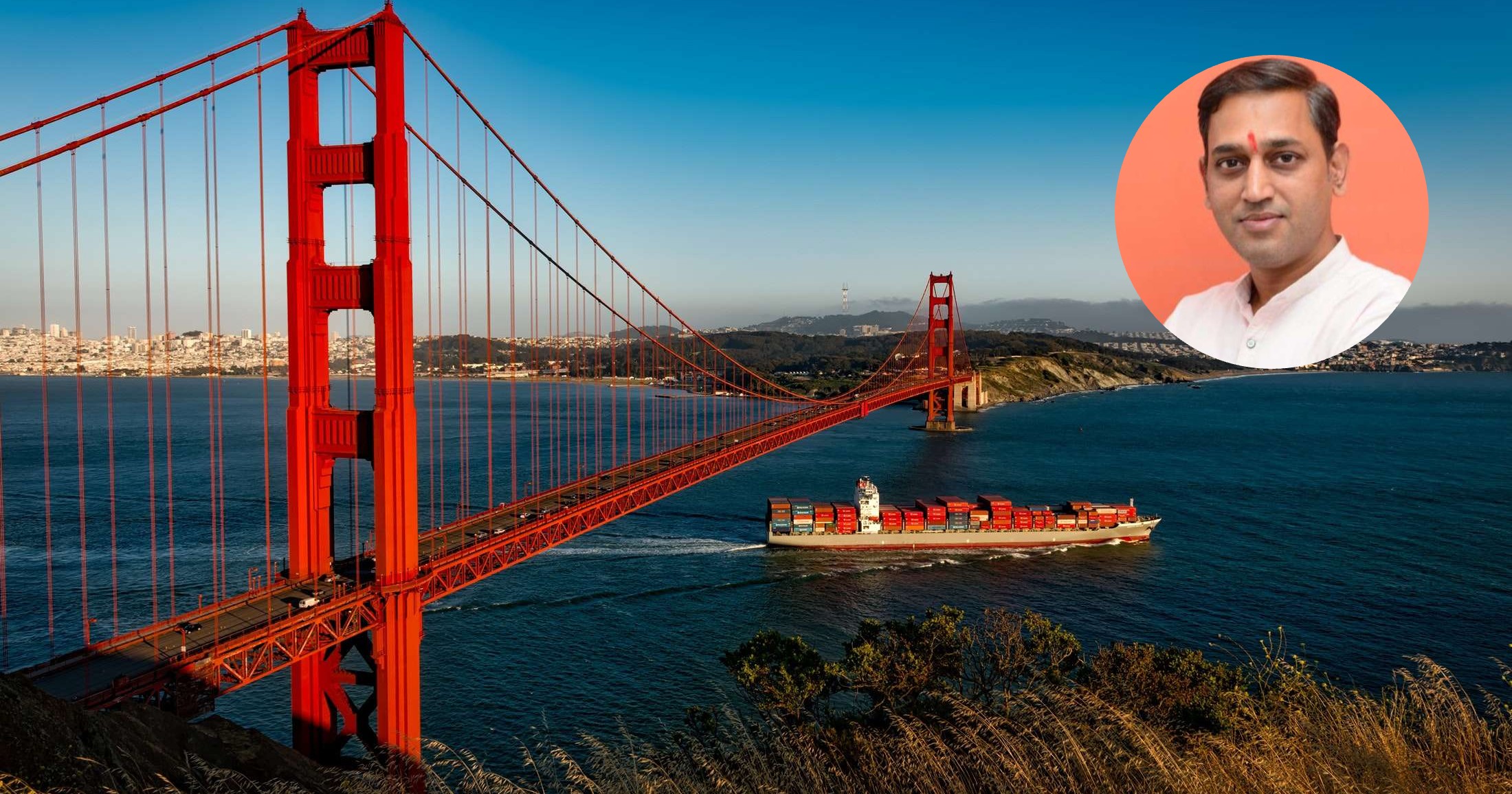Around Three Crore Fishermen being Ignored
Maritime News India: The Union Budget 2025-26, presented by Finance Minister Nirmala Sitharaman, has allocated a record Rs. 2,703.67 crore for the fisheries sector. The government’s strategic push aims to harness untapped fisheries potential in India’s Exclusive Economic Zone (EEZ) and high seas, particularly around the Andaman & Nicobar and Lakshadweep Islands. However, the central question remains: Will these initiatives truly benefit the low-income fishing communities, or will corporate fishing companies emerge as the primary beneficiaries?
Fisheries and Aquaculture Sector in the country provides livelihood support to a total 28 million fishers. Out of these, 2.78 million fishers are full-time actively engaged in fisheries and fisheries related activities.
Major Announcements in Budget 2025-26 for Fisheries
- Increase in Budget Allocation: A 3.3% rise in the total budget and a 4.8% rise for Pradhan Mantri Matsya Sampada Yojana (PMMSY).
- Development of Deep-Sea Fishing: Introduction of a framework to promote deep-sea fishing, tuna clusters, and processing facilities.
- Reduction in Custom Duties:
- Frozen fish paste (Surimi): 30% to 5%.
- Fish hydrolysate: 15% to 5%.
- Expansion of Credit Access: Kisan Credit Card (KCC) lending limit increased from ₹3 lakh to ₹5 lakh for fishers.
- Support for Value-Added Exports: Reduced costs of inputs for aquaculture to improve India’s seafood export competitiveness.
Who Benefits More – Small Fishermen or Corporate Entities? The budget reflects a clear push toward large-scale fisheries expansion and value-added exports. While it promises economic growth in the sector, small-scale fishers may struggle to access these benefits due to systemic challenges such as lack of financial literacy, limited access to modern fishing equipment, and inadequate representation in policy implementation.
Challenges for Small-Scale Fishers
- Access to Capital: Although the increase in KCC lending limit is significant, many traditional fishermen remain outside the formal banking system, making it difficult for them to access credit.
- Deep-Sea Fishing Limitations: Deep-sea fishing requires specialized vessels and infrastructure, often dominated by corporate players due to high capital investments.
- Bureaucratic Hurdles: Small fishers often struggle with obtaining licenses, permissions, and subsidies due to red tape and lack of awareness.
- Market Competition: Large-scale players can leverage economies of scale and advanced technology, leaving small fishers at a competitive disadvantage.
What Small Fishermen Must Do to Gain Benefits
- Organizing Into Cooperatives: By forming self-help groups (SHGs) or fisheries cooperatives, small fishers can negotiate better access to loans, subsidies, and markets.
- Utilizing KCC and Government Schemes: Fishermen must proactively seek financial assistance through the enhanced KCC limit and various PMMSY initiatives.
- Skill Development & Training: Enrolling in government and private sector programs for deep-sea fishing techniques, fish processing, and sustainable aquaculture can help them stay competitive.
- Engaging in Value-Added Fisheries: Small-scale fishers should explore diversification into seaweed farming, ornamental fish breeding, and tuna processing to benefit from the government’s cluster initiatives.
Steps the Government Must Take to Ensure Equitable Benefits
- Simplified Credit Disbursement: Introduce microfinance initiatives and streamline loan processes for small fishers, ensuring accessibility beyond corporate players.
- Subsidies for Small-Scale Fishing Vessels: Provide targeted support for acquiring deep-sea vessels suited for small-scale operators.
- Strengthen Local Fisheries Infrastructure: Establish cold storage, processing units, and local markets to help small fishers gain better value for their catch.
- Capacity Building & Awareness: Conduct workshops and awareness campaigns in coastal villages to educate fishermen about government schemes and sustainable fishing practices.
- Policy Safeguards Against Corporate Monopoly: Introduce regulations to ensure corporate entities do not monopolize deep-sea fisheries, leaving space for small-scale operators to thrive.
Lack of Focus on Minor Ports Development
While the budget has addressed key areas of fisheries, it has largely ignored the development of minor ports, which are crucial for small-scale fishermen. These ports serve as vital hubs for local fishers to dock, store, and trade their catch. Without proper investment in infrastructure, including better docking facilities, cold storage, and processing units, small fishers will continue to face logistical and economic challenges. Government intervention in modernizing minor ports could significantly improve efficiency and profitability for traditional fishing communities.
The 2025-26 budget provides a roadmap for the growth of India’s fisheries sector, but without targeted measures, small-scale fishers risk being overshadowed by corporate giants. For real inclusivity, the government must implement structural reforms to ensure equitable access to resources, credit, and infrastructure for traditional fishing communities. Meanwhile, fishermen must proactively organize themselves and take advantage of financial and technological opportunities to secure their livelihoods in an evolving industry




